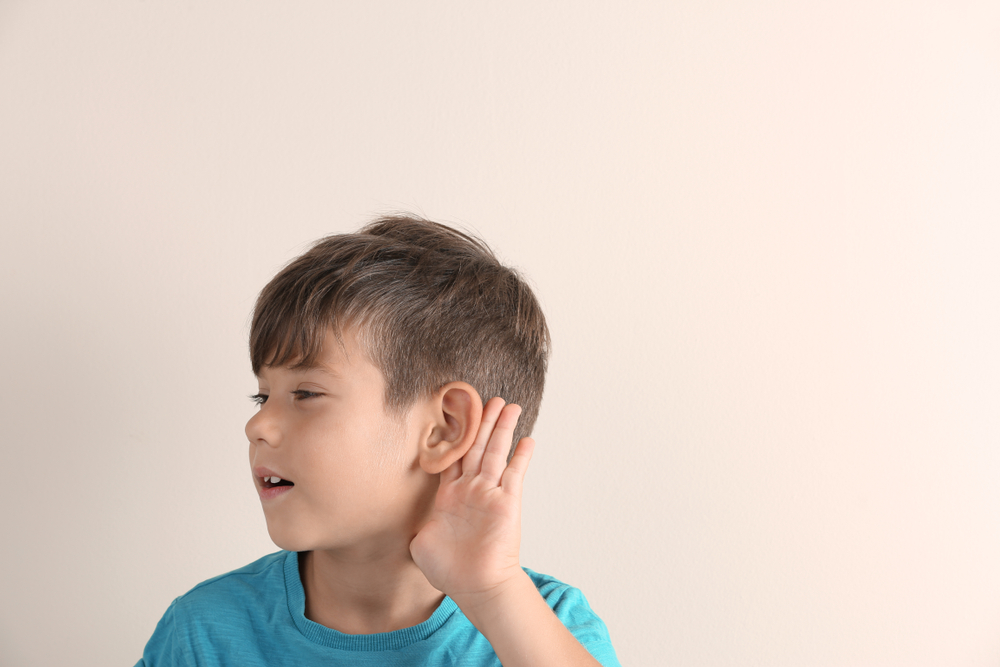Hearing Loss for Your Child
The moments of watching your baby taking her first steps are precious indeed. She tries, tries, succeeds and fails. It takes time for your baby, of course, to learn how to coordinate their muscles, motions, and balance to start walking correctly. However, what if she keeps falling after the normal period of learning has passed?
Otherwise, if your baby suddenly begins to lose balance in strange times or walks into tables or walls? Alternatively, does an elderly child knock, drop objects, or appear to be unstable in her gait?
As a healthy inner ear is crucial in maintaining balance, your child's persistent torment could be a sign of ear infection or hearing loss and should be treated by pediatric ENT in OKC. How can you tell whether your baby or child is normally tormented or whether their hearing and ears are endangered?
Hearing Loss Signs
Sometimes your child seems to hear well and not answer at other times.
Your child needs a louder television volume than other family members.
When you hear your baby moves an ear, or he complains that he can only hear his "good ear."
The grades of your child fall or teacher note that, like other children, they do not seem to listen and react as much in the classroom.
Your child says they haven't heard to you. This may appear obvious, but many parents assume that their children will not be aware if an unappreciated hearing loss may occur.
Your child begins to speak louder than before.
If, as if you were concentrating, your child looks at you deeply and may be more dependent on visual indications for interpreting speech.
You just have a feeling, but what your concern is can't be put on the finger. Don't let you stop that. Don't let you stop this. Request a reference from your doctor to make your mind easier.
Other Possible Symptoms
Your Child’s Ear Hurt
Babies and infants in their mid-ear, known as otitis media, are susceptible to inflammation. Young kids have Eustachian tubes, short and straight — the tunnels that connect the ear to the throat. Fluid gathered during swimming or due to an infection drains through the Eustachian tubes in older children and adults. Younger kids' tubes do not also drain, which lead to fluid accumulation.
The middle ear inflamed or infected can influence balance. If your tormented child seems sluggish, has a recent ear infection or an ear that is susceptible to swimming, contact your pediatric ENT in OKC for an assessment and treatment.
Your Child Is Unresponsive
Slumber and dizziness are not the only signs of hearing loss. When you don't answer your baby's voice or loud sounds, your audition may be affected. Kids and elderly children who don't understand what they say may also be struggling with their hearing to repeat themselves and have speech problems.
Regular screening for pediatric ENT in OKC at OKOA is the best way to prevent hearing loss and middle-ear problems for babies and kids. The first audible test for babies not screened at birth must be performed by one month and at least three months old. Elderly kids should be tested again in their wellness examinations before school begins and then annually.
**Disclaimer: The information on this page is not intended to be a doctor's advice, nor does it create any form of patient-doctor relationship.


